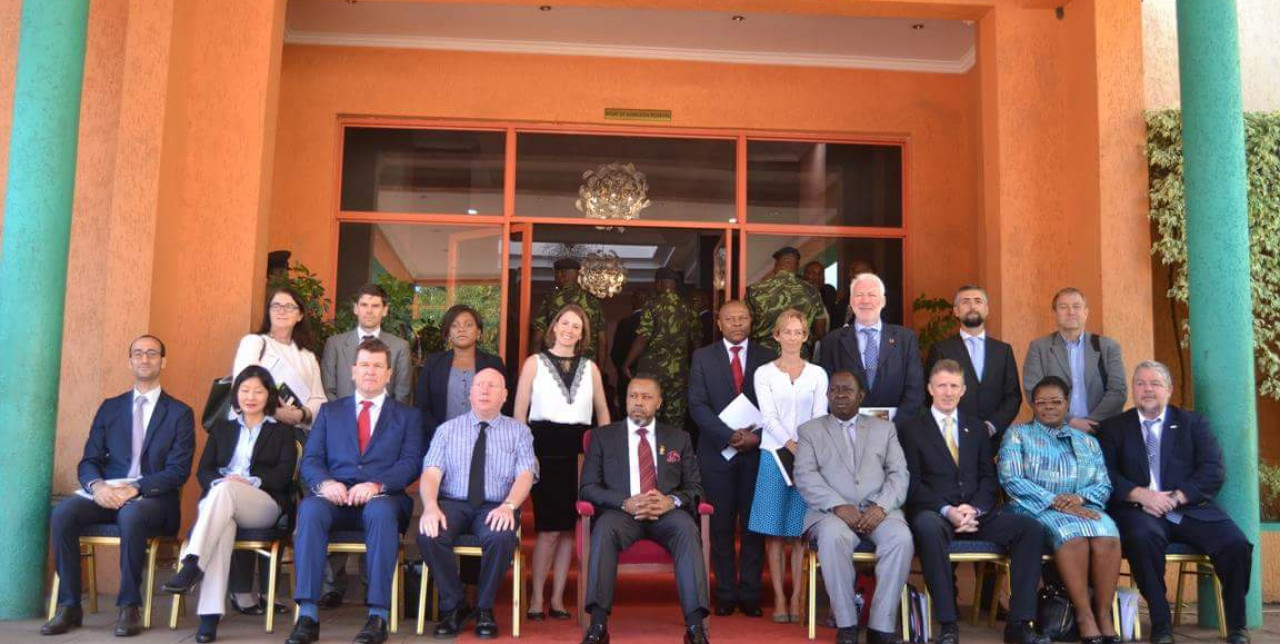27-04-2018 | di COOPI
Malawi, in consortium for a better resilience of farmers
On Wednesday 25th April 2018, COOPI, in a consortium of six other international non-governmental organisations, was part of the sharing of successes and experiences from the project titled “Breaking the Cycle of Humanitarian Assistance through Enhancing Resilience and Shock Responsive Capacity”. The project was implemented with funding from the United Kingdom’s Department for International Development (DFID) and run from July 2017 to March 2018.
During the event there were interactive sessions whereby participants discussed their experiences of linking humanitarian assistance and resilience building. At the height of the day’s programme was launch of the resilience study report on the effectiveness and benefits of providing resilience building activities.
Preceding the occasion was a learning visit to the area of Traditional Authority Kachindamoto in Dedza on 24th April 2018, whereby policy and decision makers were informed on some of the project innovations in building resilience.
The nine-month project focused on addressing limited diversification at household level in terms of food production, consumption and off-farm activities; low agricultural productivity driven by limited adoption of improved technologies; limited access to agricultural inputs for high value crops, drought tolerant crops and winter cropping; heavy reliance on rain-fed agriculture, and recurring dependence on humanitarian interventions.
Implementation of the project was in response to multiple years of climate-related disasters such as erratic rainfall, floods and droughts combined with high dependence on rain-fed agriculture, non-functional markets and degradation of natural resources which resulted in increased vulnerability to shocks, leaving a good percentage of the Malawians chronically dependent on humanitarian assistance.
COOPI implemented the project in Salima district while the other six INGO Consortium members namely Save the Children International (Lead), United Purpose, Concern Worldwide, GOAL Malawi, Oxfam and Center for Environmental Policy and Advocacy implemented in nine other districts in Malawi.




 Malawi
Malawi